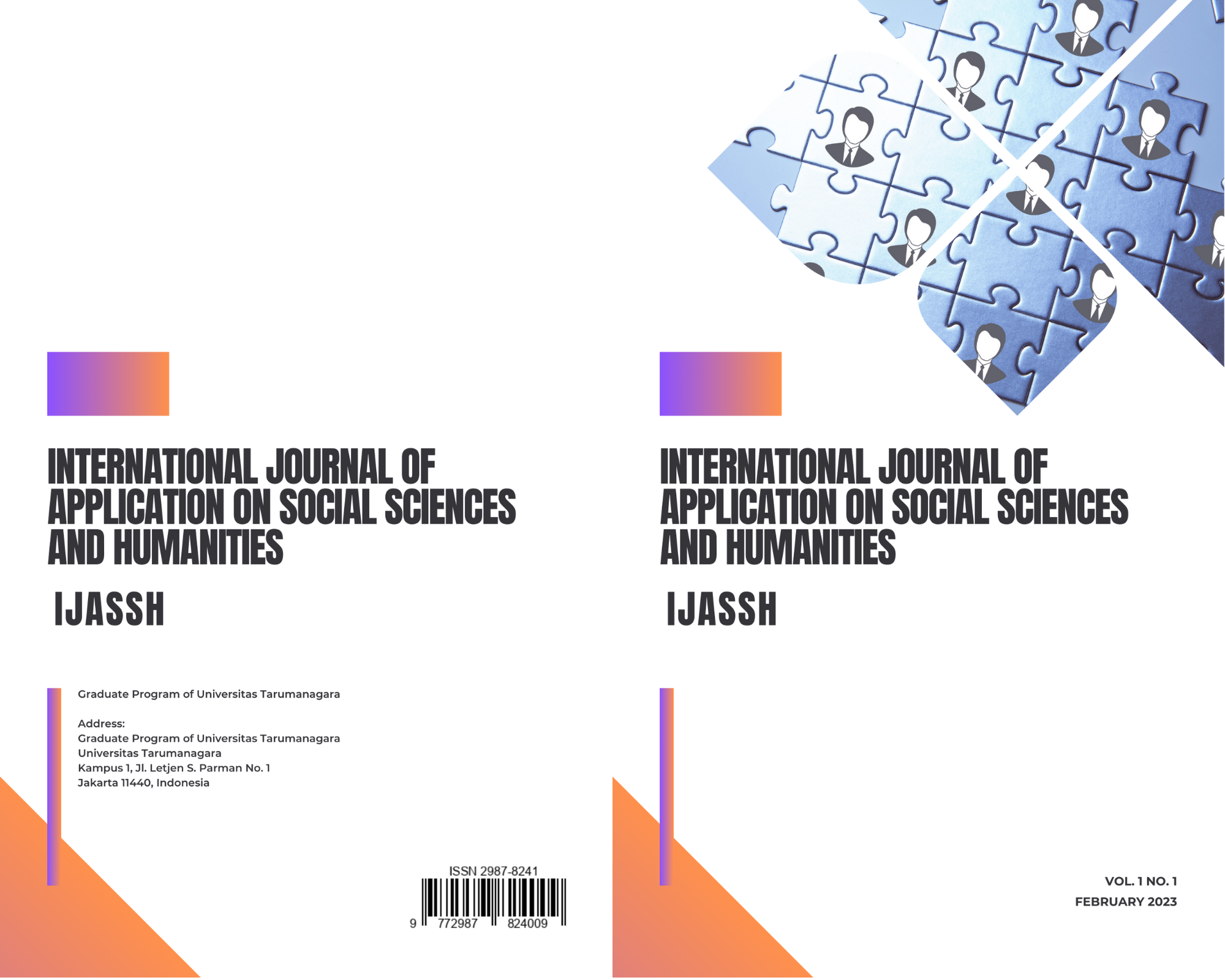THE RELATIONSHIP BETWEEN ADOLESCENT’S RELIGIOSITY AND RESILIENCE IN PANDEMIC TIME
Main Article Content
Abstract
The COVID-19 pandemic has had a serious psychological impact on society, including young people. Teenagers experience various problems such as anxiety, depression, stress which of course will affect the decline in resilience (resilient) in dealing with life. Resilience is a person's ability to respond in a healthy and productive way when faced with adversity. To build resilience, young people need to pay attention to the aspect of religiosity. Religiosity is a condition, understanding and obedience of a person in believing in a religion that is manifested in the appreciation of values so as to encourage someone to behave according to religious teachings in everyday life. This condition of religiosity is explored through ideological, ritual, appreciation, intellectual and experiential dimensions. This study aims to discuss the relationship of religiosity in increasing the resilience of adolescents during the pandemic. The purpose of this study was to determine the relationship between religiosity and resilience of adolescents during the Covid-19 pandemic. The stages of the research method are firstly to capture teenagers as research subjects who are still in junior and senior high school through convenience sampling by filling out a questionnaire in the form of a scale. Then the incoming data is processed and analyzed. From the data processing, conclusions can be drawn as a basis for intervention for adolescents so that they have qualified resilience. After the implementation of the first phase of research, the expected output is an article published in a national journal. The results showed that religiosity was related to adolescent resilience (r = .758 and p < .01). The higher the level of religiosity, the higher the resilience of teenagers in the current pandemic era.
Article Details
Section

This work is licensed under a Creative Commons Attribution-NonCommercial-ShareAlike 4.0 International License.
References
A. Greef, Resilience : Personal Skill for Effective Learning. Crown House. Publishing, UK. Grotberg, 2005.
A. Otu et al., Mental health and psychosocial well-being during the COVID-19 pandemic: the invisible elephant in the room. International Journal of Mental Health Systems 14 (38) (2020).
Al Siebert, The Resiliency Advantage, Berrett-Koehler Publishers, Inc., 2005.
Ch. Y.Glock & R. Stark, Religion and Society in Tension. Chicago: Rand McNally and Company, 1965.
D. L.Aisha, Hubungan antara Religiositas dengan Resiliensi pada Remaja di Panti Asuhan Keluarga Yatin Muhammadiyah Surakarta, Skripsi Fakultas Psikologi Universitas Muhammadiyah Surakarta, 2012.
E. Atwater & K. G. Duffy, Psychology for Living: Adjustment, Growth and Behavior today (5th edition). New Jersey: Prentice-Hall, Inc., 1999.
F. Luthans, C.M.Youssef & B. J. Avolio, Psychological capital: Developing the human competitive edge. Oxford University Press, 2007. Linda Fitria & L. Ifdil, Kecemasan Remaja pada masa pandemi. Jurnal Educatio. 6 (1) (2020), 1-4.
Grassman-Pines et al., COVID-19 and Parent-Child Psychological Well-being. Pediatrics 146(4) (2020):e2020007294. doi: 10.1542/peds.2020-007294
Holdcroft, What is religiosity. ERIC, 2006.
Y. Arifiana & F.A. Ubaidillah, Religiosity and Resilience among Indonesian Society during Covid-19 Pandemic. Proceeding of International Seminar of Multicultural Psychology, Faculty of Psychology Universitas 17 Agustus 1945 Surabaya, 2021.
K. Reivich & A. Shatte, The Resilience Factor: 7 Keys To. Finding Your Inner Strength and Overcome Life's Hurdles. New York, 2002.
Kompas 21/10/2020.
M. Octaryani & A. Baidun , Uji Validitas Konstruk Resiliensi, Journal Pengukuran Psikologi dan Pendidikan Indonesia 6 (1) (2017).
N. A. Tanamal, Hubungan Religiositas dan Resiliensi dalam Mempengaruhi Kesehatan Masyarakat terhadap Pandemic Covid 19. Jagaddhita. Jurnal Kebhinnekaan dan Wawasan Kebangsaan Pusat Kajian Pancasila Unindra PGRI Vol 1 (1) (2021). https://journal.unindra.ac.id/index.php/jgaddhita
N.W. Larasati, Hubungan antara religiositas dan Resiliensi pada Mahasiswa yang Orangtuanya bercerai. Skripsi Fakultas Psikologi Universitas Islam Indonesia, 2021.
R. H., Thouless, Pengantar Psikologi Agama, Jakarta: PT Rajagrafindo Persada, 2000.
R. Lucia & J. E. Kurniawan, Hubungan antara Religiositas dan Resiliensi pada Karyawan, Psychopreneur, Jurnal Ilmiah Bimbingan dan Konseling, 1 (2) (2017), 126-136.
R. Wijayanti & A. Sholihah, Religiositas dan Resiliensi Siswa SMA dan MA di Kota Bengkulu. Jurnal Ilmiah Bimbingan dan Konseling 4 (2) (2021).
S.S.D. Ananda & N.C. Apsari, Mengatasi Stress pada Remaja saat Pandemi Covid-19. Jurnal Pengabdian pada Masyarakat 7(2) (2020), 248–256.
S.W. Sarwono, Psikologi Remaja, Jakarta: Rajagrafindo, 2002.
Santrock, Child development. 11th Edition, McGraw-Hill, Boston, 2007.
Sun et al., A qualitative study on the psychological experience of caregivers of COVID-19 patients. Am J Infect Control. 2020 Jun; 48(6):592-598.

